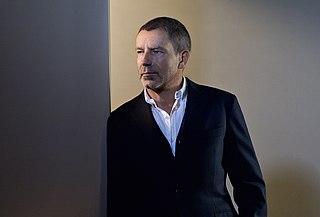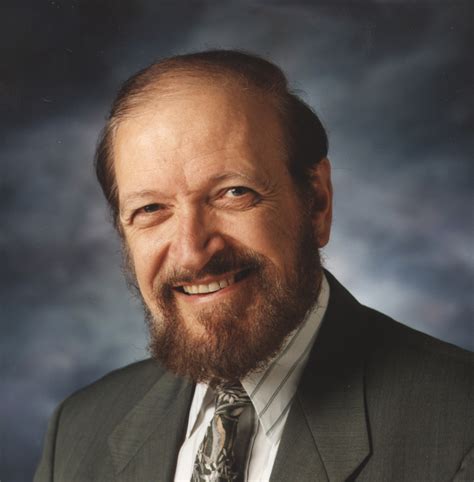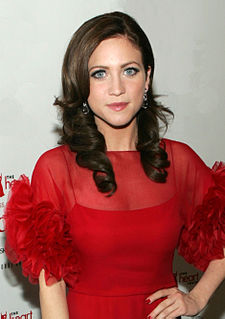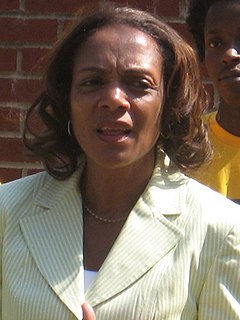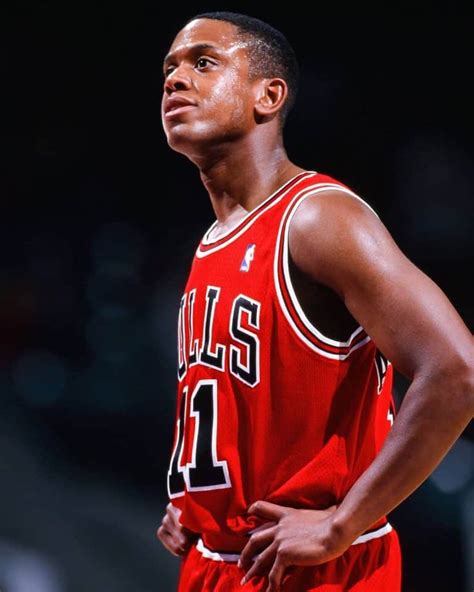A Quote by Garry Winogrand
You've got to deal with how photographs look, what's there, not how they're made.
Related Quotes
In a world where the 2 billionth photograph has been uploaded to Flickr, which looks like an Eggleston picture! How do you deal with making photographs with the tens of thousands of photographs being uploaded to Facebook every second, how do you manage that? How do you contribute to that? What's the point?
How do we address network neutrality when the whole world is connected? How do we ensure governments don't purloin this for political purposes? It's already happening. Look at Russia on the American election. How do we protect data security when everyone's connected? Look what happened with the ransomware. How do we deal with cybercrime and cyberterrorism and the disruptions of the system? And we're seeing this every week now.
It's the ultimate for me not to see how it's made. I find it vulgar when you can distinguish how something is made. I used to be a student at the Chambre Syndicale de la Haute Couture in Paris, and once I got to go to a Saint Laurent couture show. Everyone was always talking about how fabulous the tailoring was, but I was transfixed by this one particular dress. It was just a piece of fabric, but as the model was walking, you didn't know how she got into it, how it closed, where the seams were, and that, for me, was perfection. It stayed with me as a lifelong vision.
Sitting for a picture is morbid business. A portrait doesn't begin to mean anything until the subject is dead. This is the whole point. We're doing this to create a kind of sentimental past for people in decades to come. It's their past, their history we're inventing here. And it's not how I look now that matters. It's how I'll look in twenty-five years as clothing and faces change, as photographs change. The deeper I pass into death, the more powerful my picture becomes. Isn't this why picture-taking is so ceremonial? It's like a wake. And I'm the actor made up for the laying-out.
I wanted to learn how the business worked. I wanted to see how people got drafted, how players got traded, how they got picked up in free agency, how the salary cap worked, how do you manage an organization, how do you negotiate contracts. The Bulls gave me an excellent opportunity to answer all the questions that I wanted to ask.
You look at the world and see how scary it can be sometimes and still try to deal with the fear. Comedy can deal with the fear and still not paralyze you or tell you that it's going away. You say, OK, you got certain choices here, you can laugh at them and then once you've laughed at them and you have expunged the demon, now you can deal with them. That's what I do when I do my act.





